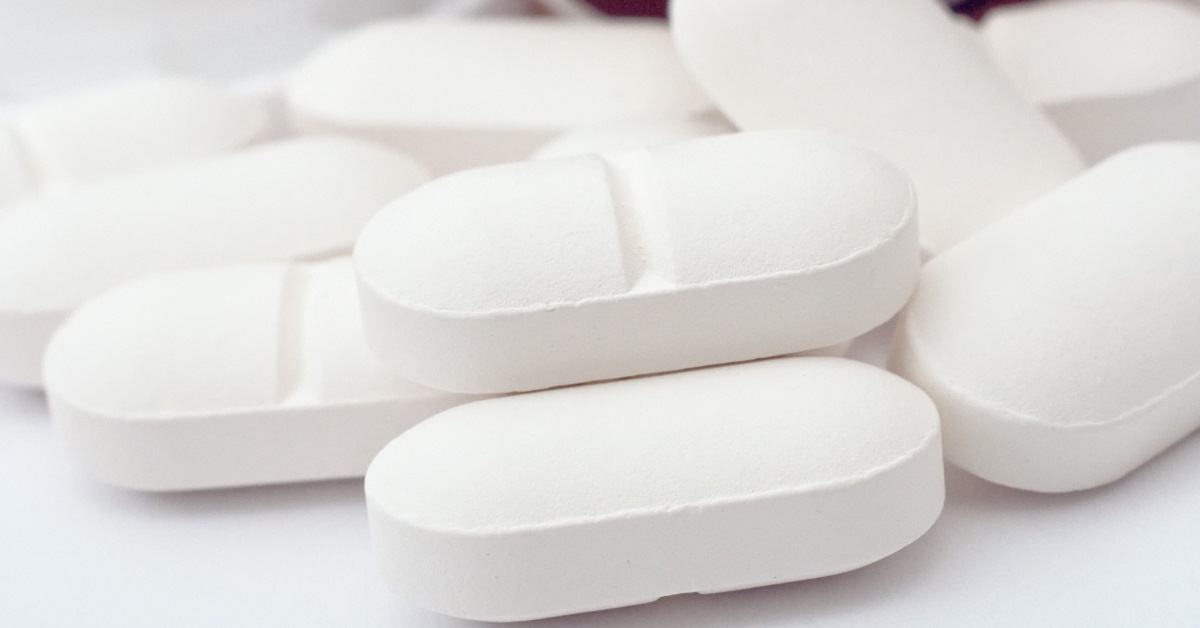The first prescription drug since 2003 to be approved for Alzheimer’s is now available at pharmacies — but not yet in the United States.
Much to the surprise of the global Alzheimer’s research community, the remedy, called GV-971, has been given the go-ahead in China following successful trials
Will the FDA also give it the thumbs-up? Let’s take a closer look.
Better Than Current Alzheimer’s Drugs
The makers of the drug are considering asking the FDA to create a “compassionate use” indication to allow people to access this drug in the U.S., while we await more clinical study. The research is certainly promising.
The drug, called GV-971 (sodium oligomannate), has been shown effective at stopping Alzheimer’s progression and improving cognitive function in animal studies, small human clinical trials and a larger, randomized, placebo-controlled clinical trial, where it tested better than cholinesterase inhibitor drugs currently on the market. This is not setting the bar very high. Existing dementia drugs are not effective.
GV-971 is a mixture of oligosaccharides extracted from brown algae seaweed. It was designed by Green Valley Pharmaceutical Company located in China (no relation to our sister company, Green Valley Natural Solutions).
Dementia and Gut Health
GengMeiyu, the scientist who started development of the drug in 1997, was interested in the connection between poor gut health and Alzheimer’s. This led her to look at the properties of seaweed to restore balance to the intestinal flora. It’s a novel strategy to combat the disease.
In a mouse model of Alzheimer’s, unbalanced gut bacteria led to infiltration of immune system T cells into the brain, where they stoke neuro-inflammation. Treatment with GV-971 altered the microbiome so it no longer triggered an inflammatory response.
In addition, the researchers reported that the remedy reduced the burden of amyloid and tau — the two proteins linked to Alzheimer’s — and improved cognitive performance.
Other studies showed the seaweed extract binds to amyloid, breaks it up and quells inflammation. The 2011 human study also provided evidence that amyloid is cleared from the brain into the cerebrospinal fluid.
British neuroscientist Ruth Itzhaki, who has provided evidence for decades that herpes viruses can cause Alzheimer’s, proposes a different mechanism of action.
She writes, “The intriguing and encouraging results of the GV-971 trial could be explained by an alternative—or perhaps additional—mechanism: the protective effect against Alzheimer’s might well be the consequence of the drug acting as an antiviral agent…”
That’s because marine-derived polysaccharides have been shown to have antiviral and antibacterial effects.
Remarkable Results in Laboratory and Clinical Study
In mouse models, GV-971 was shown to inhibit Alzheimer’s disease progression and improve cognitive function. A preliminary human trial conducted in 2008 also proved positive.
This led to its being tested on 255 people with mild to moderate Alzheimer’s for six months in 2011. The results showed a clear trend towards improvement in the seaweed group compared to controls, but not enough to reach statistical significance.
However, there was a marked improvement in CIBIC-Plus, a comprehensive assessment of each patient by independent physicians.
The study that led to the drug’s approval in China involved 818 people aged 50 to 85 with mild to moderate Alzheimer’s.
These patients were randomized to receive either the drug as an oral supplement twice a day for 36 weeks or placebo. Assessment of effectiveness was based on ADAS-Cog12, a series of tests that assess cognitive dysfunction. A negative score is a good result on this test. The greater the improvement the higher the negative score.
The results showed a significant difference between the placebo group, with a score of -0.16, and the active group at -2.70, a difference of 2.54. That’s better than the cholinesterase inhibitor drugs prescribed for Alzheimer’s patients.
In those whose dementia was the most advanced, the difference between the groups rose to a very high 4.55.
Major Drug Trial Starts This Year
With solid evidence of its efficacy, a clinical trial called Green Memory will begin this year and end in 2024. It will include over 2,000 patients in centers across the U.S., Europe and Asia.
One of the research teams will be led by Jeffrey Cummings, Professor of Neurology at the Cleveland Clinic and winner of the American Alzheimer’s Association Lifetime Achievement Award.
He said, “The trial of GV-971 consistently showed a cognitive benefit; it has promise as a new therapy for Alzheimer’s disease. We look forward to the future global development of GV-971.”
Reading between the lines, it doesn’t sound like this drug brings a dramatic improvement, but anything is welcome. At this point, no prescription drug for dementia has been good for much.
I’ll be watching this story closely and will let you know the results of the global clinical trial as well as any other research as soon as it’s published. As for the FDA, we’ll have to wait and see whether or not they’ll allow people to access the remedy in the U.S.







